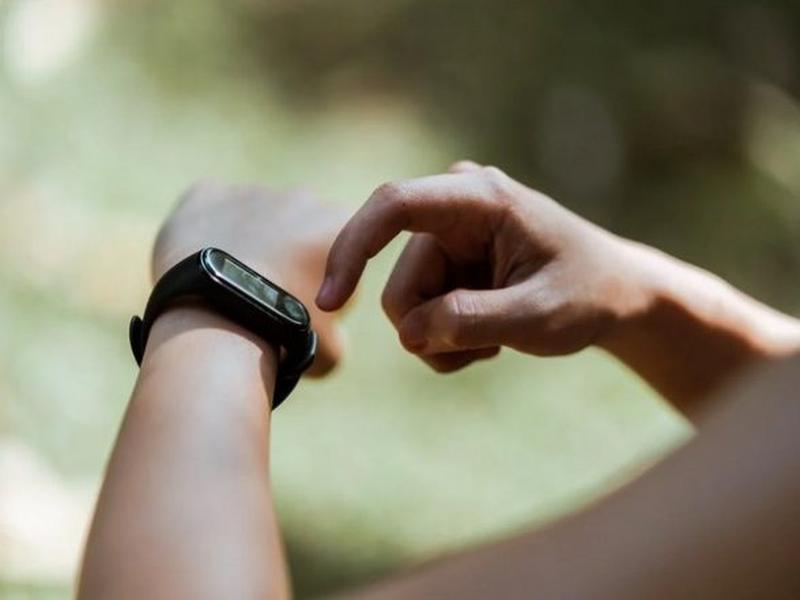Researchers at Washington University in St. Louis have developed a deep-learning model called WearNet to study the potential of wearable fitness monitors in detecting depression and anxiety. The model studied 10 variables collected by the Fitbit activity tracker, such as total daily steps, calorie burn rates, average heart rate, and sedentary minutes. The results showed that WearNet was better at detecting depression and anxiety than state-of-the-art machine learning models, and produced individual-level predictions of mental health outcomes. The next step is to convince a hospital system or company to implement the model.

